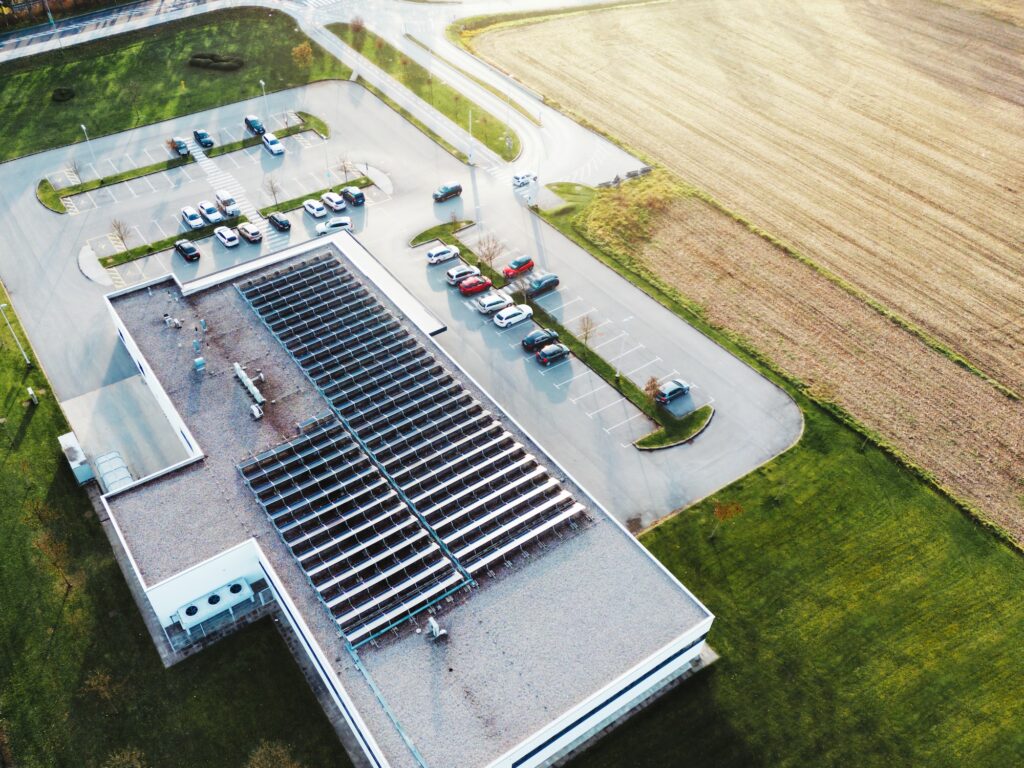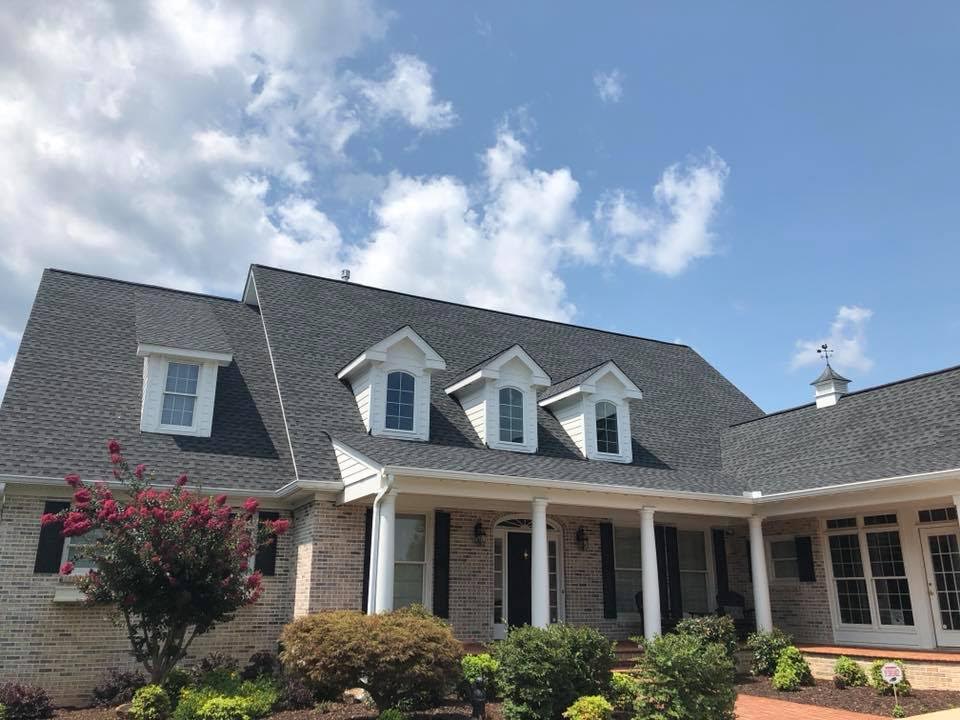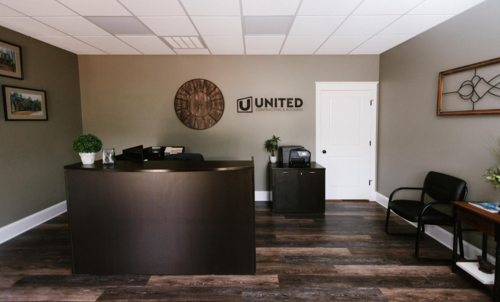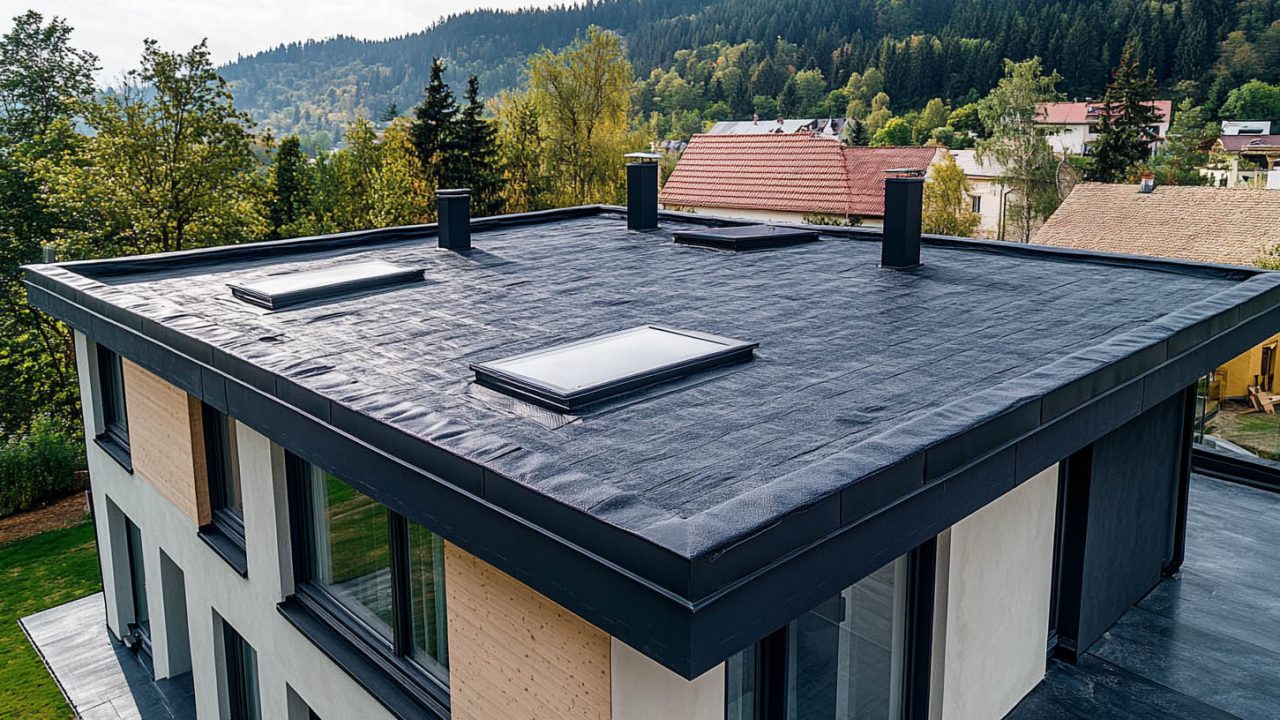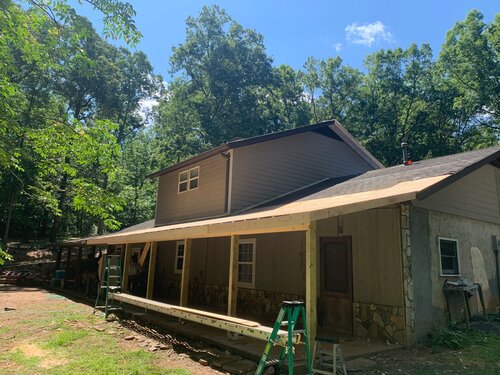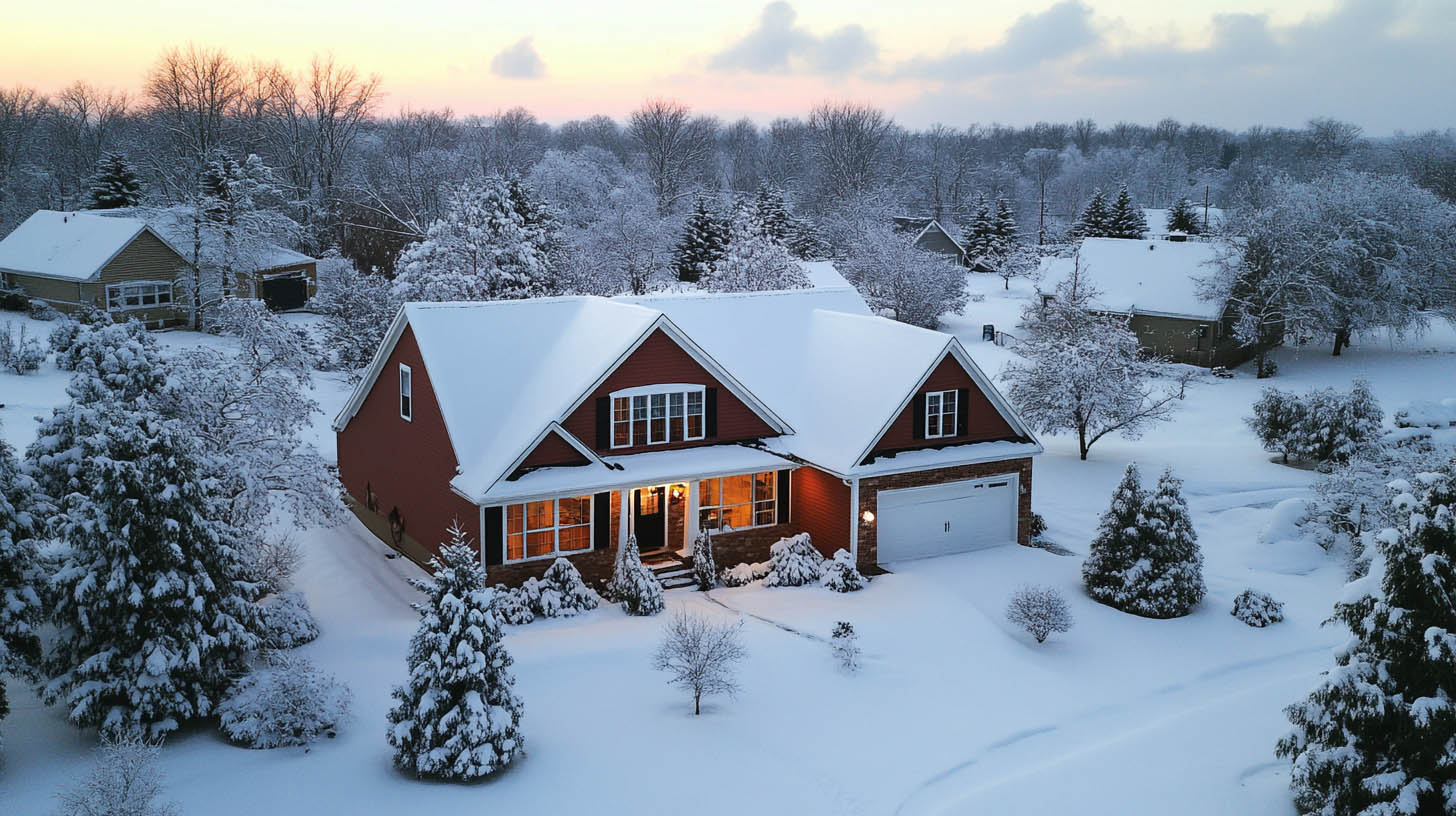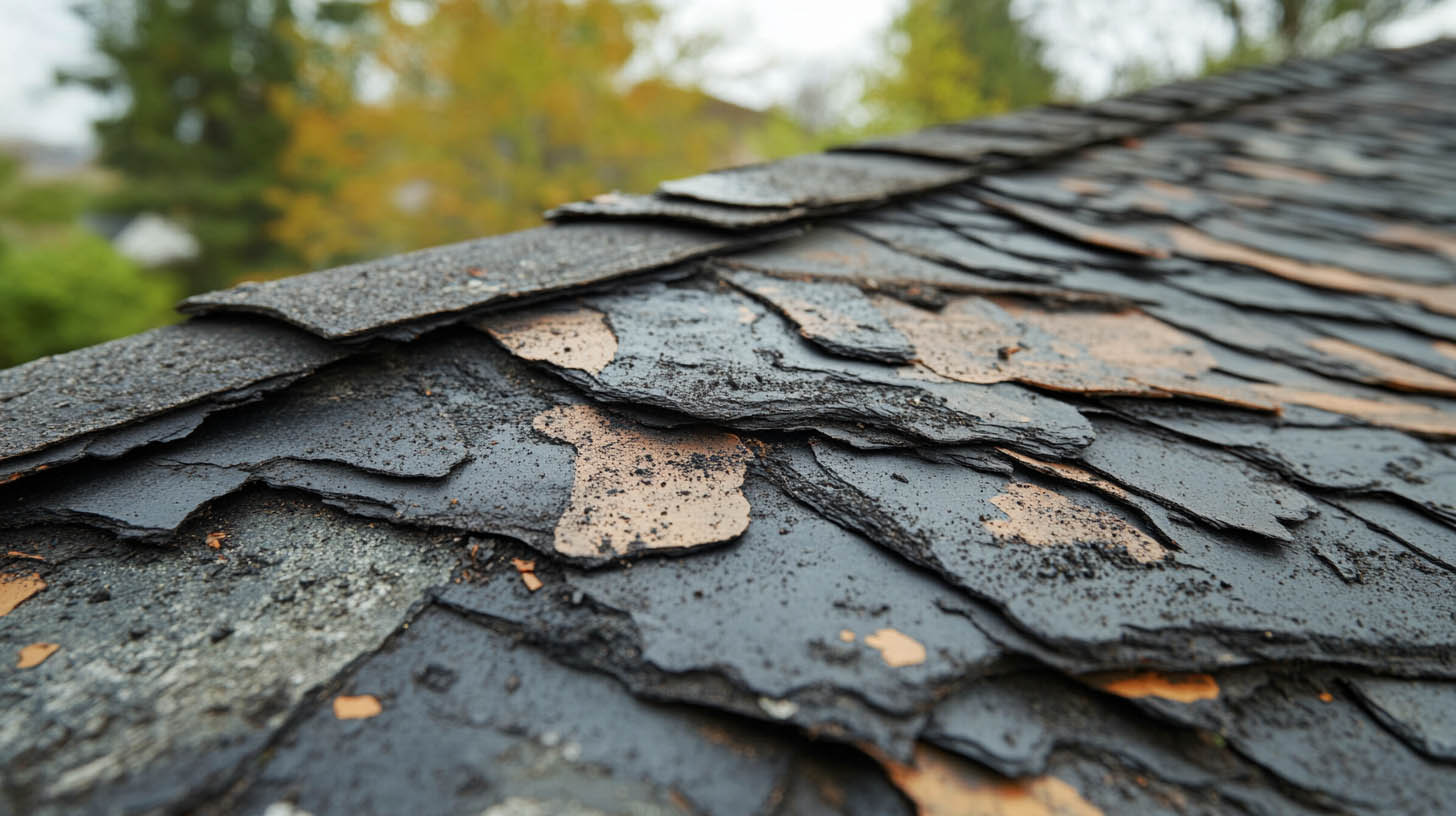Effective insulation is critical for the performance and longevity of flat roofing systems. It enhances energy efficiency, reduces heat loss in winter, and prevents heat gain in summer. At United Contracting & Roofing LLC, we prioritize using the best insulation types to maximize the functionality and efficiency of your roofing system.
Understanding Flat Roof Construction
Flat Roof Construction
Flat roof construction is common in commercial buildings, offering more options for mounting rooftop equipment. This type of construction requires insulation to create a slope for proper drainage, which is crucial to prevent ponding water and comply with building codes. The use of tapered insulation not only aids in drainage but also increases the roof’s R-value, enhancing thermal resistance.
Low-Slope Roof Construction
Low-slope roofs have a built-in positive slope for drainage, eliminating the need for tapered insulation. These roofs can be insulated either from the attic or the rooftop side, depending on the deck type and roof system specifications. However, certain roofing materials, like screw-down metal roofs, may not be suitable for low-slope applications due to potential leakage issues.
Steep Slope Roof Construction
Steep slope roofs, similar to residential roofs, are constructed with metal or wood trusses and can be custom-framed with wood materials. Insulation is typically installed in the attic or on the underside of the decking. When there is no attic space, nail-base insulation can be used to achieve the desired R-value.
The Importance of R-Value in Insulation
The R-value measures thermal resistance, indicating how well insulation resists heat flow. Higher R-values mean better insulation, reducing energy consumption, lowering utility bills, and enhancing HVAC efficiency. Achieving a higher R-value often requires thicker or higher-quality insulation, which can increase the upfront investment but provides significant long-term savings.
Best Insulation Types for Flat Roofing
Polyisocyanurate (Polyiso or Iso)
Polyiso is a closed-cell insulation commonly used in roof assemblies. Available in flat and tapered sheets, Polyiso offers high thermal resistance and is widely used to create positive drainage slopes. Its versatility and high R-value make it a preferred choice for many flat roofing projects.
Expanded Polystyrene (EPS)
EPS is a cost-effective, rigid insulation used under white single-ply roofing membranes. While it has a lower thermal resistance than Polyiso, it can be combined with other insulations to achieve a higher R-value. EPS is available in various thicknesses and tapered panels for flat roof construction.
Extruded Polystyrene (XPS)
XPS is a foam plastic insulation known for its low water permeability and high thermal resistance. It is ideal for roof assemblies exposed to water, such as green roofs or ballast roof systems. However, XPS is only available in flat sheets, limiting its use in creating drainage slopes.
Gypsum Board
Gypsum board, with a gypsum core faced with fiberglass mats, provides fire resistance and is used in roof assemblies for its strength and durability. It offers wind, hail, and puncture resistance and is commonly used as a cover board in combination with other insulation types.
Cement Board
Cement boards, made from cement and aggregates with fiberglass facings, are used as cover boards with EPS and XPS insulation. They provide fire, mold, and water resistance and are essential for fully adhered roofing systems over combustible materials.
Perlite
Perlite insulation boards are rigid and made from volcanic glass and wood fibers. Commonly used with hot tar and modified bitumen roofing, perlite is available in flat or tapered boards and often serves as a cover board for additional protection.
Wood Fibered Board
Wood fibered boards are high-density, environmentally sustainable insulation options. These boards provide walkability and can be used alone or as cover boards in roof assemblies, offering natural, recyclable, and eco-friendly insulation solutions.
Conclusion: Choosing the Right Insulation
Selecting the appropriate insulation for your flat roof depends on the deck type, roofing materials, and desired R-value. Understanding these factors helps in making informed decisions that enhance energy efficiency and prolong the lifespan of your roofing system. At United Contracting & Roofing LLC, we guide our clients in choosing the best insulation to maximize their investment.If you want to know Three Ways to Minimize Commercial Roof Repair Costs, click here.

